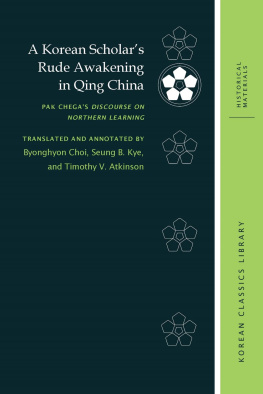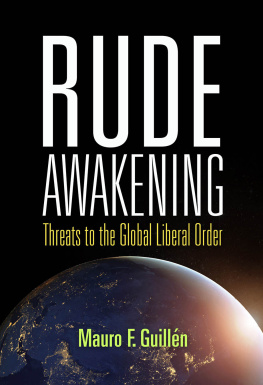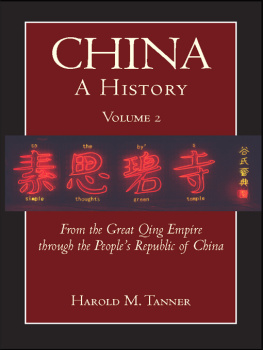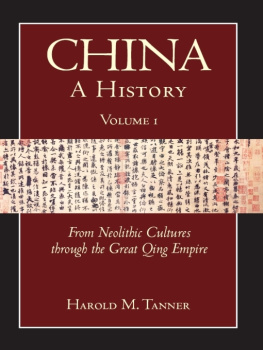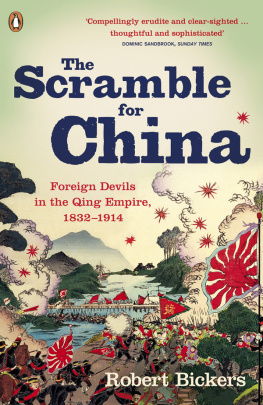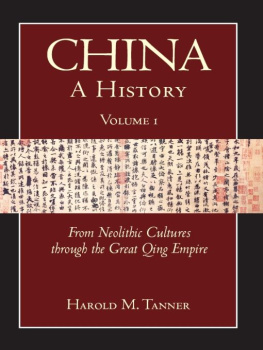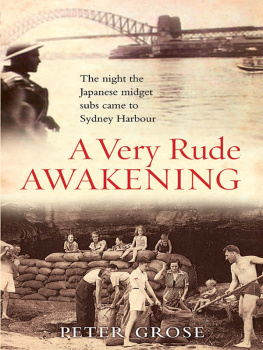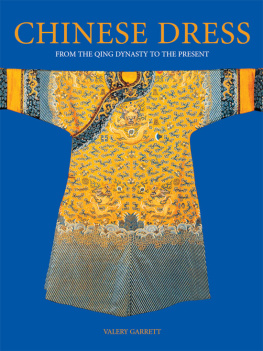Pak Che-ga - A Korean Scholars Rude Awakening in Qing China
Here you can read online Pak Che-ga - A Korean Scholars Rude Awakening in Qing China full text of the book (entire story) in english for free. Download pdf and epub, get meaning, cover and reviews about this ebook. year: 2019, publisher: University of Hawaii, genre: Detective and thriller. Description of the work, (preface) as well as reviews are available. Best literature library LitArk.com created for fans of good reading and offers a wide selection of genres:
Romance novel
Science fiction
Adventure
Detective
Science
History
Home and family
Prose
Art
Politics
Computer
Non-fiction
Religion
Business
Children
Humor
Choose a favorite category and find really read worthwhile books. Enjoy immersion in the world of imagination, feel the emotions of the characters or learn something new for yourself, make an fascinating discovery.
- Book:A Korean Scholars Rude Awakening in Qing China
- Author:
- Publisher:University of Hawaii
- Genre:
- Year:2019
- Rating:5 / 5
- Favourites:Add to favourites
- Your mark:
- 100
- 1
- 2
- 3
- 4
- 5
A Korean Scholars Rude Awakening in Qing China: summary, description and annotation
We offer to read an annotation, description, summary or preface (depends on what the author of the book "A Korean Scholars Rude Awakening in Qing China" wrote himself). If you haven't found the necessary information about the book — write in the comments, we will try to find it.
Pak Che-ga: author's other books
Who wrote A Korean Scholars Rude Awakening in Qing China? Find out the surname, the name of the author of the book and a list of all author's works by series.
A Korean Scholars Rude Awakening in Qing China — read online for free the complete book (whole text) full work
Below is the text of the book, divided by pages. System saving the place of the last page read, allows you to conveniently read the book "A Korean Scholars Rude Awakening in Qing China" online for free, without having to search again every time where you left off. Put a bookmark, and you can go to the page where you finished reading at any time.
Font size:
Interval:
Bookmark:
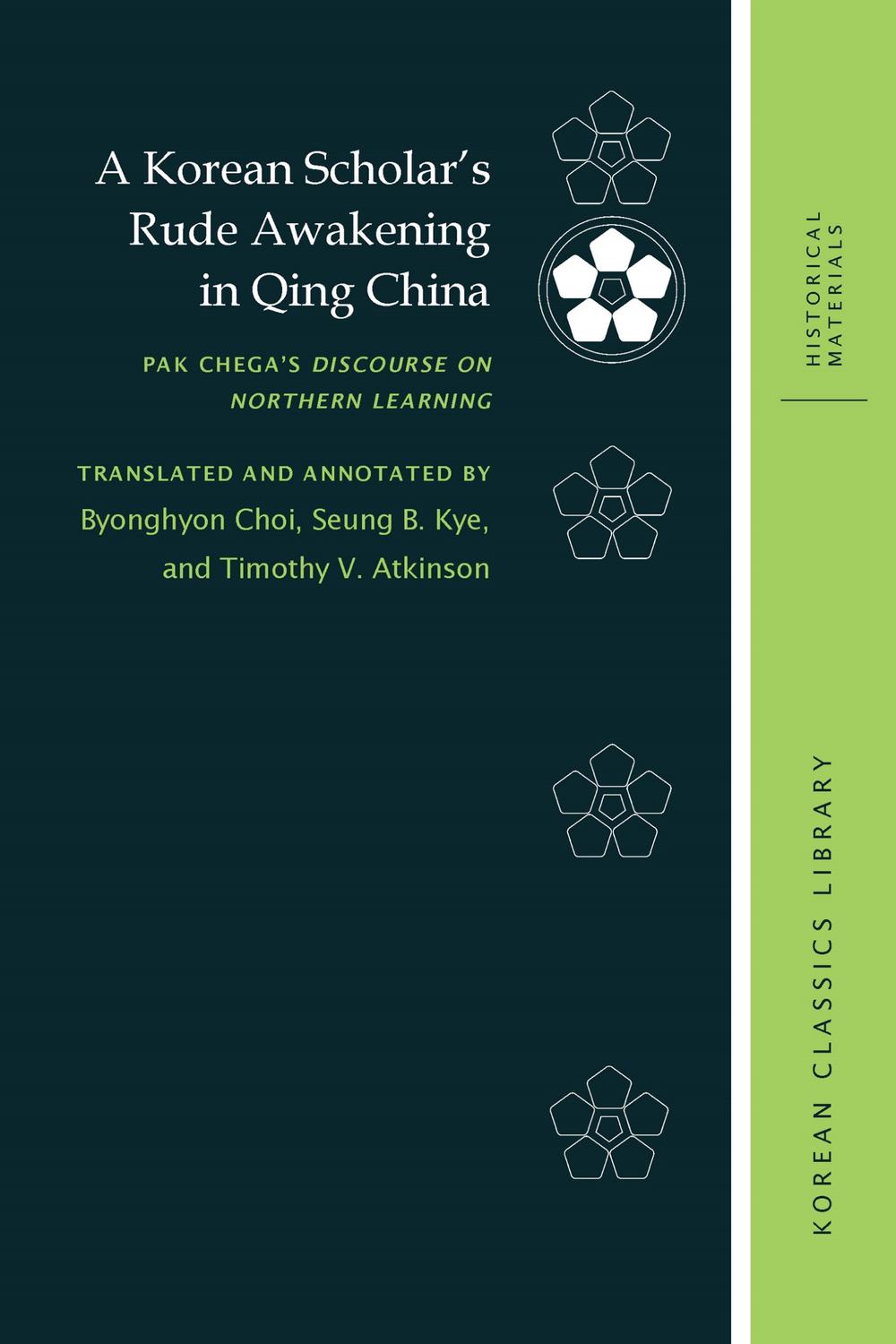
ii
2019 The Regents of the University of California
All rights reserved
Printed in the United States of America
24 23 22 21 20 19 6 5 4 3 2 1
Library of Congress Cataloging-in-Publication Data
Names: Pak, Che-ga, 17501815, author. | Choi, Byonghyon, translator, writer of added commentary. | Kye, Seung B., translator, writer of added commentary. | Atkinson, Timothy V., translator, writer of added commentary.
Title: A Korean scholars rude awakening in Qing China: Pak Chegas discourse on northern learning / translated and annotated by Byonghyon Choi, Seung B. Kye, and Timothy V. Atkinson.
Other titles: Pukhagui. English | Korean classics library. Historical materials.
Description: Honolulu: University of Hawaii Press, [2019] | Series: Korean classics library: historical materials | Includes bibliographical references and index.
Identifiers: LCCN 2018058223 | ISBN 9780824877934 (cloth; alk. paper), Amazon Kindle 9780824879822, EPUB 9780824879815, PDF 9780824879808
Subjects: LCSH: ChinaDescription and travelEarly works to 1800. | ChinaSocial life and customs18th centuryEarly works to 1800. | ChinaSocial conditions18th centuryEarly works to 1800. | KoreaSocial conditions1392-1910Early works to 1800.
Classification: LCC DS708 .P28213 2019 | DDC 951/.032dc23
LC record available at https://lccn.loc.gov/2018058223
Korean Classics Library: Historical Materials
Series Editors:
John B. Duncan, University of California, Los Angeles
Namhee Lee, University of California, Los Angeles
Robert E. Buswell, Jr., University of California, Los Angeles
Series Editorial Board:
Donald Baker, University of British Columbia
Sun Joo Kim, Harvard University
James B. Lewis, University of Oxford
A. Charles Muller, Tokyo University
Young-chan Ro, George Mason University
Kenneth R. Robinson, International Christian University, Tokyo
Edward Shultz, University of Hawaii, Mnoa
Senior Editor: Jennifer Jung-Kim, University of California, Los Angeles
This work was supported by the English Translation of 100 Korean Classics program through the Ministry of Education of the Republic of Korea and the Korean Studies Promotion Service of the Academy of Korean Studies (AKS-2010-AAA-2102).
University of Hawaii Press books are printed on acid-free paper and meet the guidelines for permanence and durability of the Council on Library Resources.
Design and composition by Wanda China
This work was supported by various institutes, including the Korea Literature Translation Institute, Academy of Korean Studies, and Research Institute of Korean Studies at Korea University, and we are all very grateful. The translators are especially indebted to the authorities of the Research Institute of Korean Studies at Korea University for this translation, as well as to the scholars who joined us in reading and discussing the difficult hanmun source text. We are also grateful to Donald Baker of the University of British Columbia and Ned Shultz of the University of Hawaii for their insightful advice, and to Robert Buswell, director of the Korean Classics series of the Academy of Korean Studies, and Stephanie Chun, acquisition editor at the University of Hawaii Press, for their critical guidance and facilitation of the final publication. Lastly but most importantly, our gratitude goes to Stuart Kiang, the copyeditor of this text, who did a superb job in reshaping the book and making the text more accessible to readers. viii
An English translation of the Discourse on Northern Learning (Pukhak i) is long overdue considering its importance in the development of Korean thought. The influence of this text is evident not only in the reformed Confucianism or School of Practical Learning (Sirhak) of the late eighteenth century, but also among intellectuals of our own time in the age of globalization. Mainly dealing with advances in the material culture of Qing China, the text is complicated, because its language reflects a now antiquated technology, and it is difficult to translate, because of the authors idiosyncratic literary style. While a few of its essays have previously appeared in English, those selections in an anthology of Korean studies do not adequately represent the breadth of the authors contributions and achievement.
The present translation is based on the original text of the Discourse as edited by An Taehoe, which has been recognized as the most authoritative of the various versions of the text available today. An discovered about twenty extant versions of the Pukhak i, all slightly different from each other. After carefully examining and comparing them, he translated the text from classical Chinese into Korean and presented it in three parts, consisting of the inner and outer chapters together with a version entitled Chinsangbon (Memorial of 1798), written as a memorial or petition to the throne. This arrangement produced an accurate and reliable text, but with the addition of the Chinsangbon, which includes edited versions of some of the essays in the inner and outer chapters, it also made for a certain redundancy. Eliminating the Chinsangbon altogether, however, would have presented more problems since many of its essays are composed of new material found only in that version. It seemed indispensable for the integrity of the source text, therefore, to present the Chingsangbon as it is.
As for the English translation, Timothy Atkinson and I initially translated the whole corpus and later combined our work with that of Seung B. Kye, who had made an independent translation on his own. We believe the accuracy and fluency of the present translation have benefited greatly from this collaboration.
Byonghyon Choi x

Two years after the publication of Adam Smiths Wealth of Nations in 1776, a book titled A Discourse on Northern Learning, by Pak Chega (17501805), appeared on the opposite side of the globe. Both books presented theories of wealth and political economy for critical review, the former causing a stir among Enlightenment intellectuals across Britain and Europe while the latter reached only a modest circle of the authors acquaintance in Chosn Korea (13921897). Nevertheless, the ideas of both thinkers clearly reflected the spirit of their times and proved instrumental in reframing their societys view of how wealth is generated. In Korea, this new outlook was part of a movement called Sirhak or Practical Learning. The term sirhak originally meant real learning as against narrow, specialized learning,
At the time, Korea was the most isolated state in East Asia, disdaining all forms of contact with foreigners except for the tributary missions passing between Seoul and Beijing. Now scholars emerged insisting that Chosn had much more to learn from its neighbor to the north, a perspective that would become identified as Northern Learning, and its proponents as the School of Northern Learning. As a matter of fact, it was far from easy for the Chosn elite to accept the notion that they had anything to learn from the barbarian invaders who had twice devastated Korea before overthrowing the Ming and establishing the Qing dynasty (16441912) in China. Those invaders from Manchuria were descendants of the Jurchen, whom Koreans had long despised, and the advent of the Qing as their suzerain state was felt as deeply humiliating. For many, the center of civilization as they knew it had gone into eclipse. Their resentment over their political fortunes, coupled with a belief in their own cultural superiority to the northern barbarians, blinded succeeding generations of Korean officials to the changes taking place in China. Although they conducted trade as usual and sent tributary missions to the Qing as required, they had ceased to pay any serious attention to the advances in material culture occurring there.
Font size:
Interval:
Bookmark:
Similar books «A Korean Scholars Rude Awakening in Qing China»
Look at similar books to A Korean Scholars Rude Awakening in Qing China. We have selected literature similar in name and meaning in the hope of providing readers with more options to find new, interesting, not yet read works.
Discussion, reviews of the book A Korean Scholars Rude Awakening in Qing China and just readers' own opinions. Leave your comments, write what you think about the work, its meaning or the main characters. Specify what exactly you liked and what you didn't like, and why you think so.

